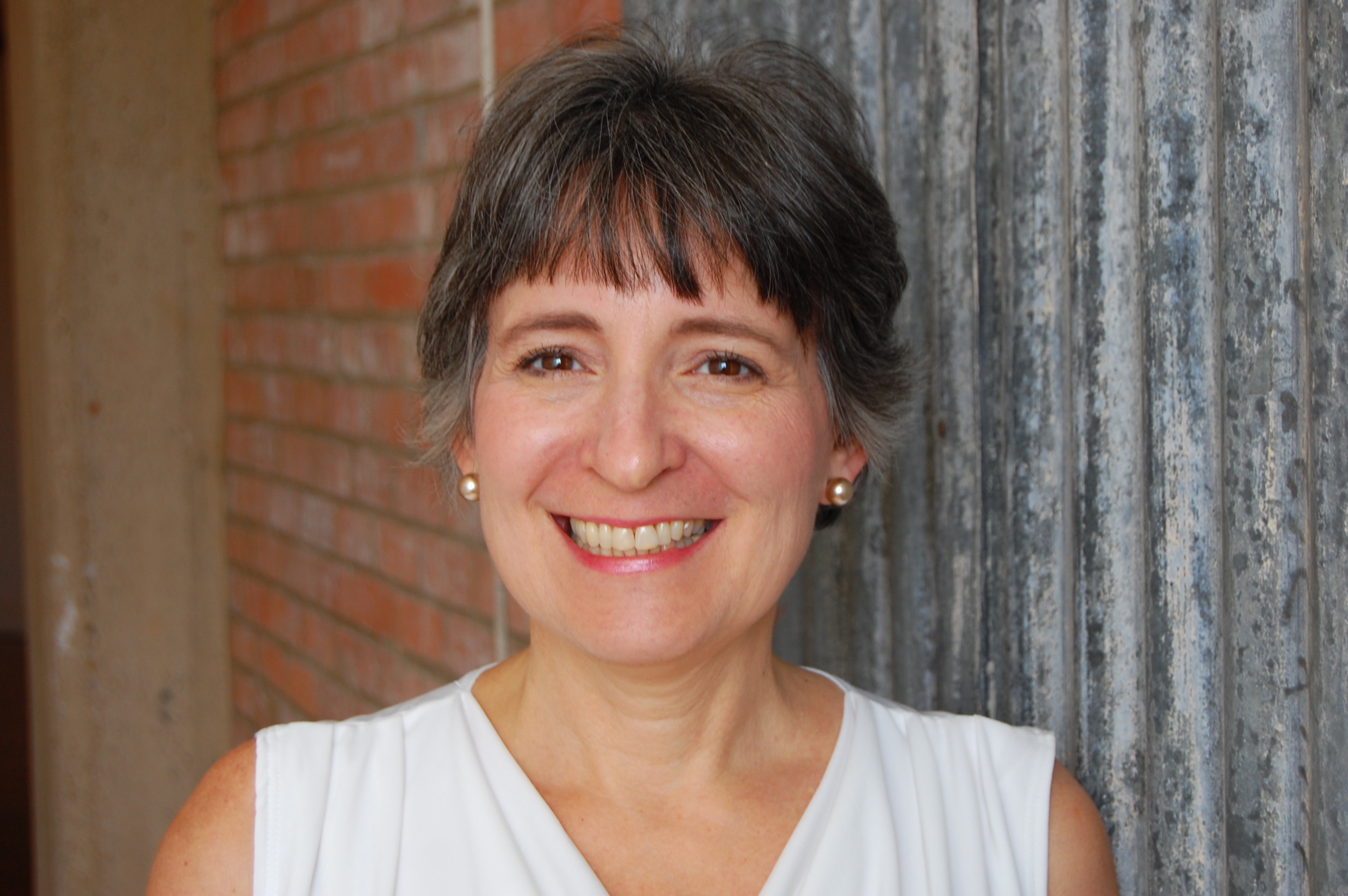 The American Association of University Women has awarded Lilian Calles Barger, doctoral candidate at the University of Texas at Dallas, the prestigious American Dissertation Fellowship for 2013-2014. This year marks the 125th anniversary of AAUW’s fellowships and grants supporting women engaged in scholarship, research, and social projects. Barger’s dissertation “Human Liberation from Below: Transnational Origins of Liberation Theology, 1775-1975” provides a cultural history of ideas at the intersection of religion and politics in the American hemisphere.
The American Association of University Women has awarded Lilian Calles Barger, doctoral candidate at the University of Texas at Dallas, the prestigious American Dissertation Fellowship for 2013-2014. This year marks the 125th anniversary of AAUW’s fellowships and grants supporting women engaged in scholarship, research, and social projects. Barger’s dissertation “Human Liberation from Below: Transnational Origins of Liberation Theology, 1775-1975” provides a cultural history of ideas at the intersection of religion and politics in the American hemisphere.
Personal reflection:
It is satisfying to me to have a history of theological thought considered valuable for understanding how we think about the nature of the social order, the definition of freedom, and the exclusion of millions from the liberal project. The days of seeing theology as static and produced by theologians in an ecclesiastical ivory tower sequestered from the rest of culture have longed passed. In a 2008 essay, David A. Hollinger asserted that instead of being a “conversation-stopper,” as Richard Rorty assumed, religious ideas should be interrogated understanding them as “constituting a vital matrix of political culture.” [i] While Hollinger is concerned with political dialogue, and I am more concerned with the broader culture, the contested nature of theology running through American thought is inescapable.
I also see recognition for the field of intellectual history and the notion that the examination of ideas is valuable in providing powerful explanations of historical change on multiple levels – social, political, cultural. My subjects are 1960s theologians who drawing from a long history of modern thought contributed to change in the perceived relationship between religion and politics. Their theologies emerged from their attempt to reconcile Black Power, women’s liberation, and Latin American revolutions, in which they were involved, with their theistic worldview. I hope my work contributes to bringing positive attention to the work of intellectual historians.
Personally, I am thrilled to have value ascribed to my project so early in the process. With the support of my committee, the fellowship allows me the opportunity to apply sustained focus in sharpening my arguments and renews the hope of family and friends that I will finish!
I am presenting a portion of my research at the International Congress of the Latin American Studies Association in May, 2013 in Washington DC.
See the AAUW website
[i] David A. Hollinger “ Religious Ideas: Should they be Critically Engage or Given a Pass?” Representations (Winter 2008) 144-154.

0